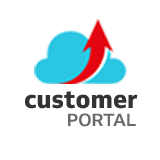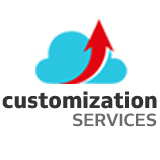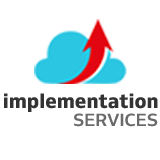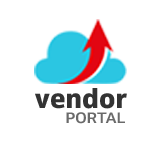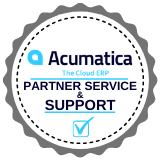It looks like the link pointing here was faulty. Maybe try searching?
- Products
ERP & Accounting Software
Field Service Management
Project Accounting
Fixed Assets
AI & ERP Bot
CRM
Mass Emails
Cloud Storage
Cloud Hosting
Label Management
Process Manufacturing
Quality Management
Compliance, Environment, Health & Safety (EHS)
Planning & Scheduling
Enhancements for Acumatica
Warehouse Management
Payment
Sales Tax
Routing & GPS Tracking
Shipping
Digital Transformation
eCommerce Connectors:
B2B & B2C
Marketing Automation
- Industries
Food
Pharmaceuticals
Services
Beverage
Distribution & Retail/Wholesale
Paint, Ink, Coatings
Adhesive
Janitorial & Sanitation
Agriculture
Chemical
Process Manufacturing
- Solutions
WHAT SOLUTION FITS ME?
By Business Type
By Current Software
Acumatica Enhancements
More
Digital Transformation
eCommerce Connectors:
B2B & B2C
Process Manufacturing Modules
- Services
- Company
Credentials

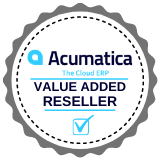
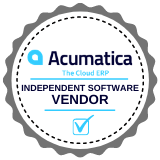

Acu Process Manufacturing
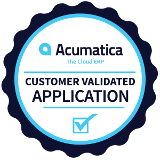
- Resources



